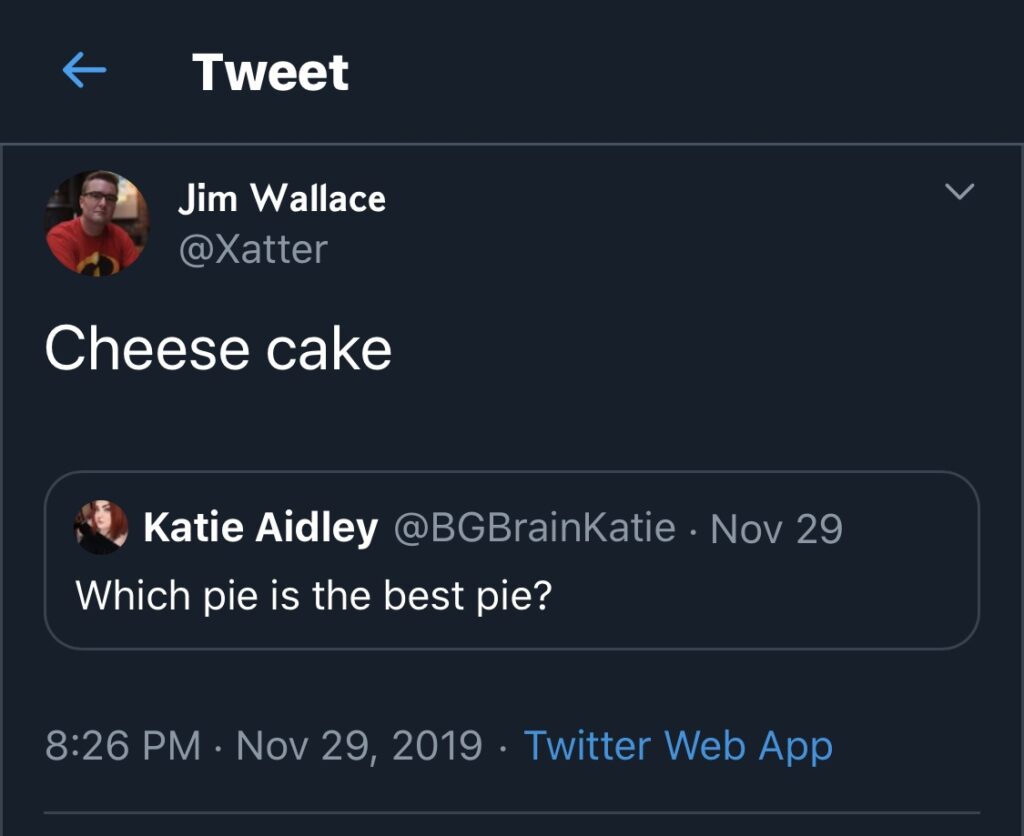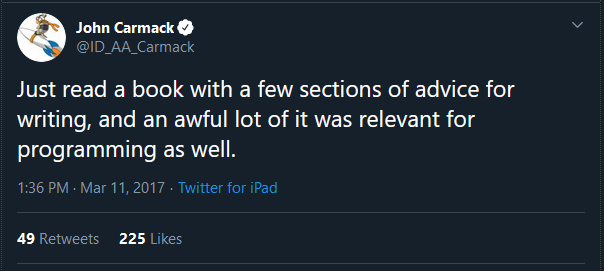Op-ed: Breaking up big tech
by Jim Wallace
Recently the Department of Justice announced they were going to start investigating the large tech companies for antitrust violations, potentially leading to breaking up big tech. It’s not surprising; large tech companies love to tell the story about how they are neutral platforms or common carriers and, thus, not responsible for the content others upload. This seems incredulous. How can one be a neutral platform and have a recommendation engine that chooses what subset of the data to show? These services could and should be separate: the platform that holds and distributes the data should serve 3rd parties that compete on the best way to display that data. This model mirrors how regulators decoupled power generation and transmission to protect consumers.
Almost all of the problems with social media, from the perspective of its users, come from the recommendation engines and algorithmic feeds that amp up controversy in the name of engagement. Those engines work for the advertisers — the real customers — not the users. It’s quite possible we don’t have the right technology or the right incentives to make a single technology service that works for everybody. Even if we do, it seems unlikely that a single company will get it right. In fact, as controversy after controversy makes the news, there seems to be ample evidence that none of them have gotten their algorithms right, based on the antisocial outcomes we are seeing.
In a decoupled model it wouldn’t be up to a single company to get the algorithms right. Instead data scientists at many companies could create competing algorithms, and users could then pick and choose the view they want. This model has proven effective in other markets. The Associated Press, for example, provides a stream of news stories, and news organizations then choose which ones to publish that are best for their respective audiences.
In this model a company like Facebook would be split into two companies. One company would collect and, for a reasonable fee, distribute posts in chronological order to any company. The second company could then display those posts however they feel is best for their audience.
Twitter is already closest to this model, because they license their data through the “fire hose”.
The fire hose is a service where every time someone tweets, Twitter passes the tweet along unfiltered to the company that subscribed to the service. However, the terms of service and API updates prevent companies from using the fire hose in creating competing views of Twitter content. That’s something the DOJ could make illegal, just as they did with Microsoft in the early 2000s. They forced Microsoft to make its private APIs public so that 3rd parties (like Netscape) could compete on an even playing field.
If Facebook, Instagram and YouTube were forced to offer a service like the Twitter fire hose, one can imagine a whole slew of new innovative 3rd party services such as a ”life stream” that aggregates the updates from all the people you follow across all the platforms in one place. Parents could subscribe to a kid friendly version of YouTube, as a paid subscription, that is not trying to get you to spend more time on the site by hacking your dopamine system. Such specialized service could help parents struggling to setup some screen time boundaries for their children. Companies looking for competitive differentiation could even extend the platform to include things that users want but large tech seems deaf to, such as an edit button for tweets.
This model can generate plenty of revenue for both platform and providers. ConEd and the AP both use this model. Cable companies today make money hand over fist selling access to their pipes.
This is not to say that large tech companies shouldn’t produce their own algorithms. Rather, they should not be the only companies allowed to produce them. We need competition to bring the best services to consumers.
To be sure, some may feel that social media, and the algorithms included, already work well based on some of the positive benefits we have seen. No one doubts the role it played in the Arab Spring. It is incredible when someone has a question about rockets and both Elon Musk and John Carmack respond! But neither that interaction nor the Arab Spring depended on an algorithm to facilitate them.
We don’t have to throw out the baby with the bathwater. We can keep what’s great about these platforms while tempering the parts that induce anti-social behavior, through competing algorithms and user choice.
I decided to publish this op-ed here after Jack Dorsey wrote a tweet thread about opening up the platform. I thought this would be a good time to post. Looks like @Jack has been reading my unpublished work from this summer 😉



